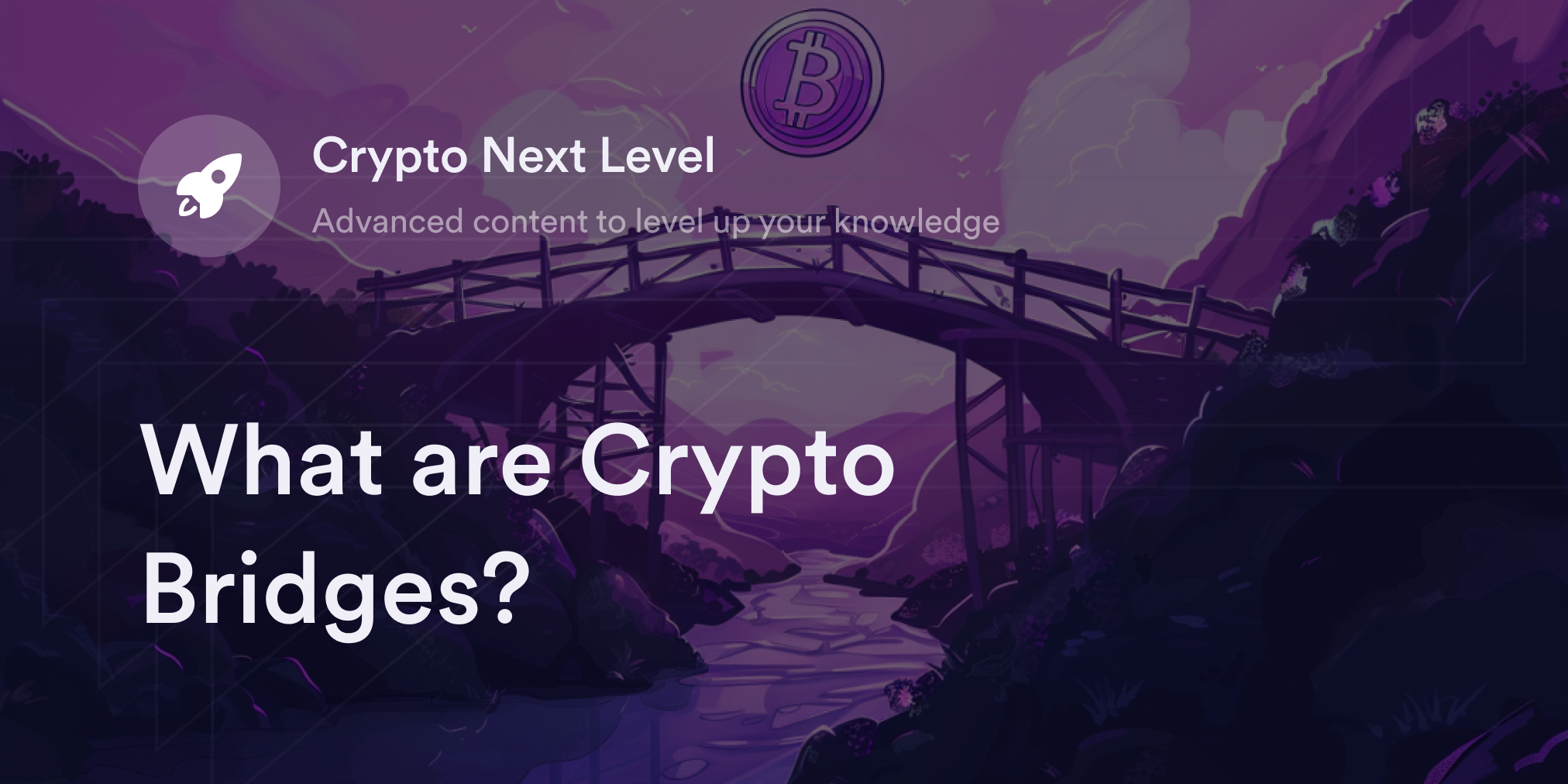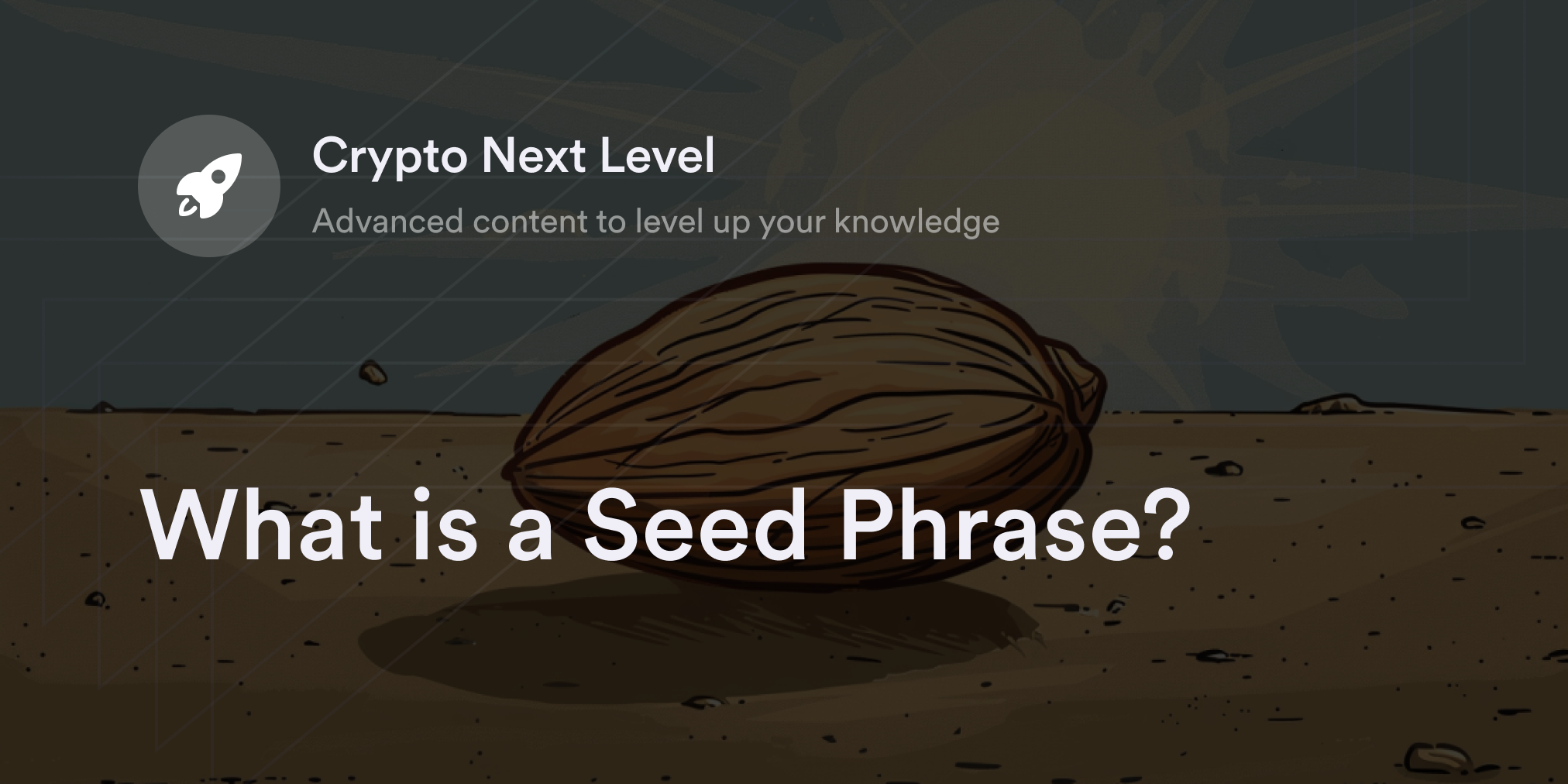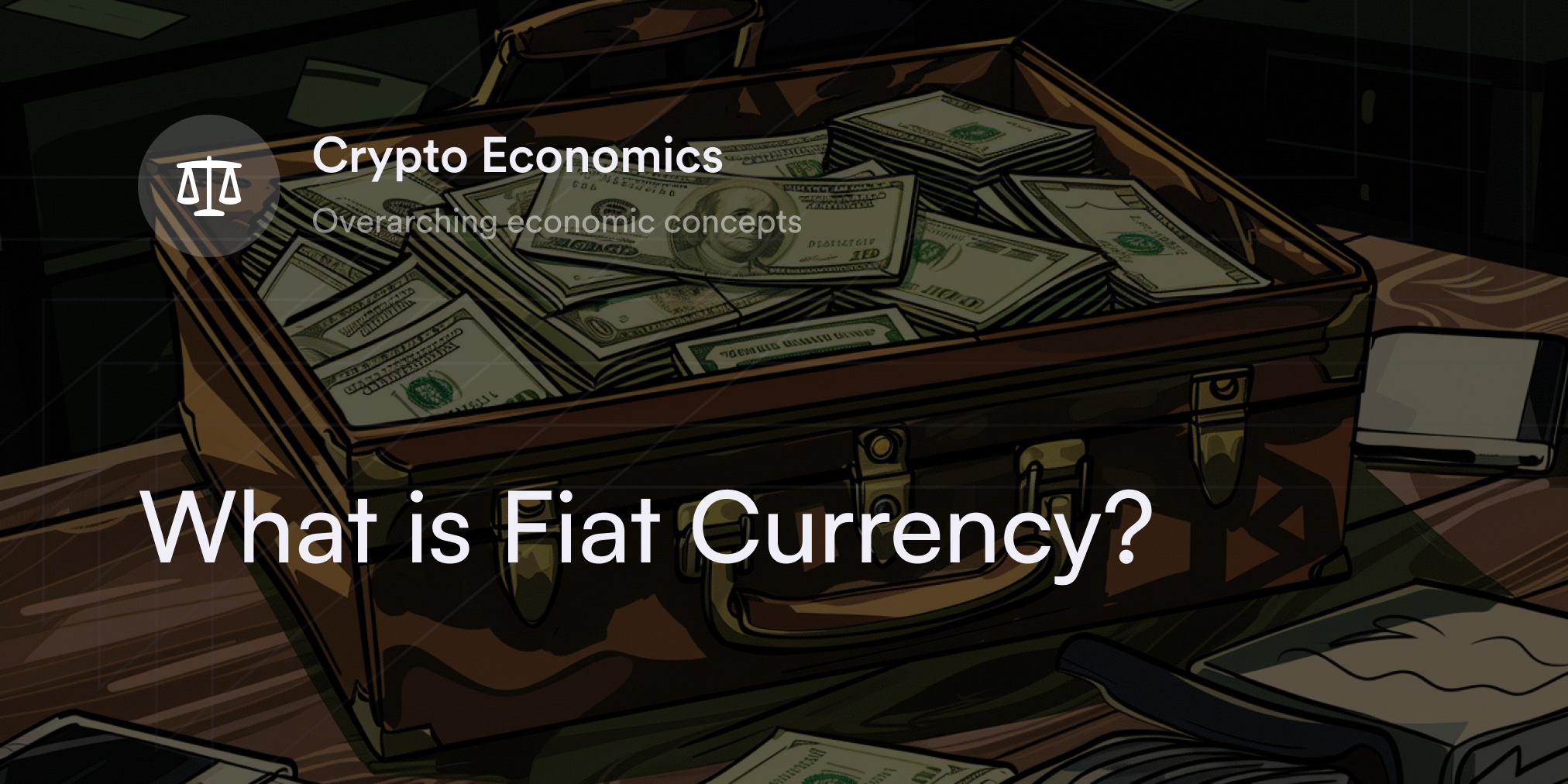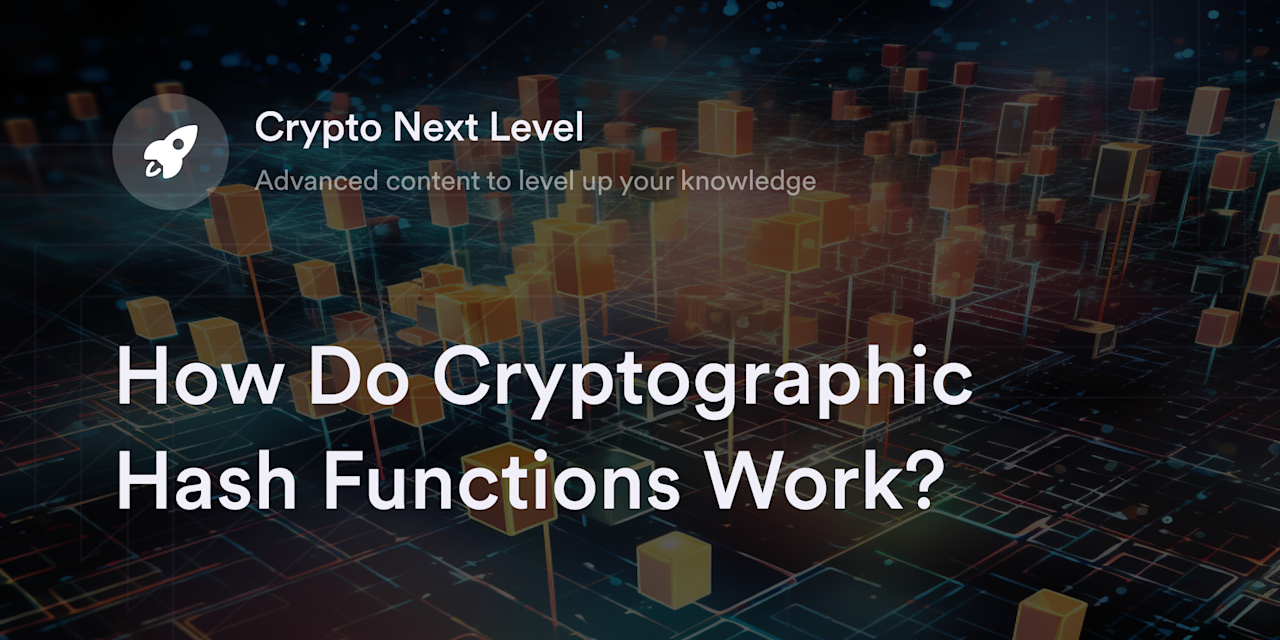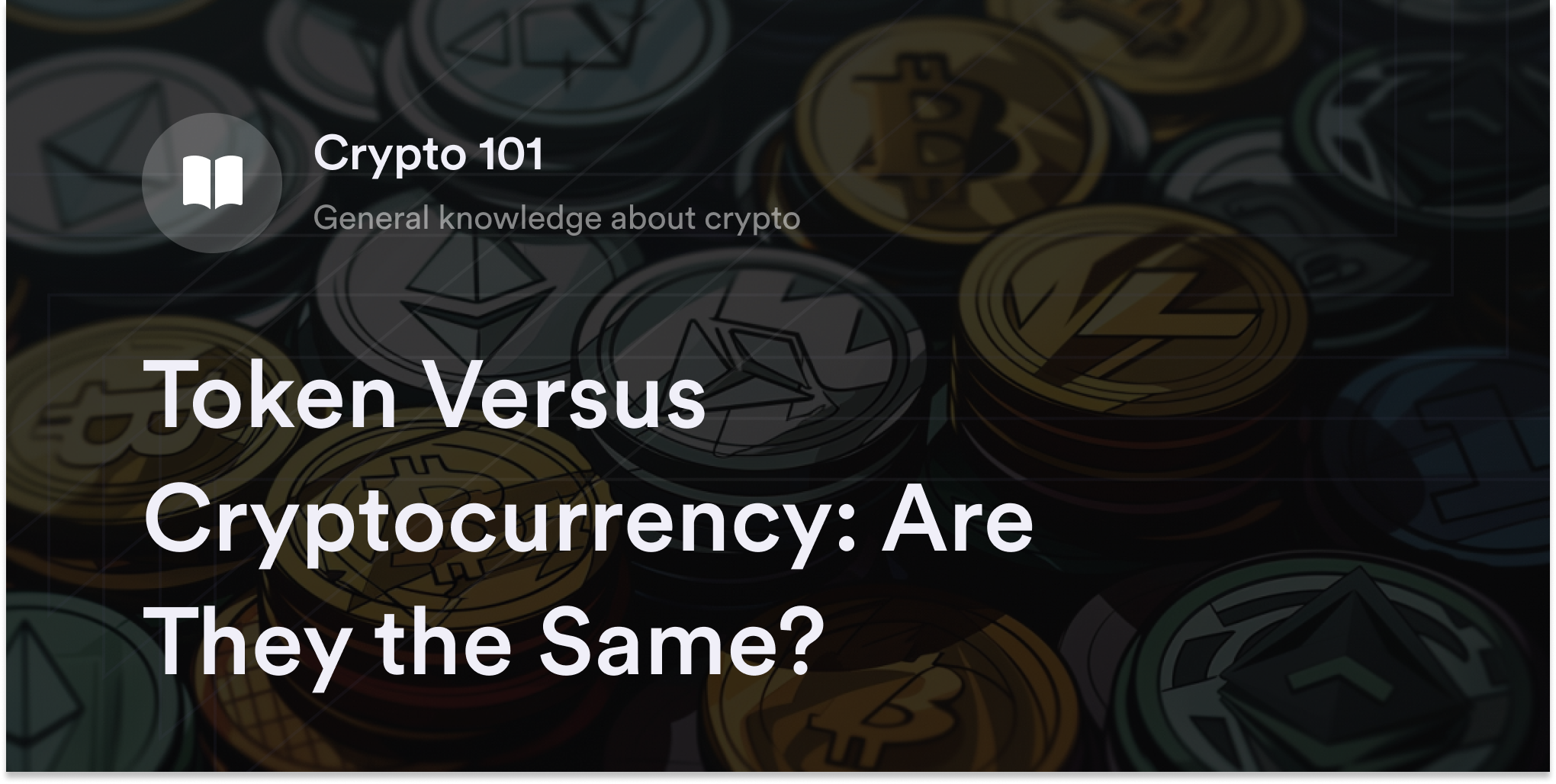
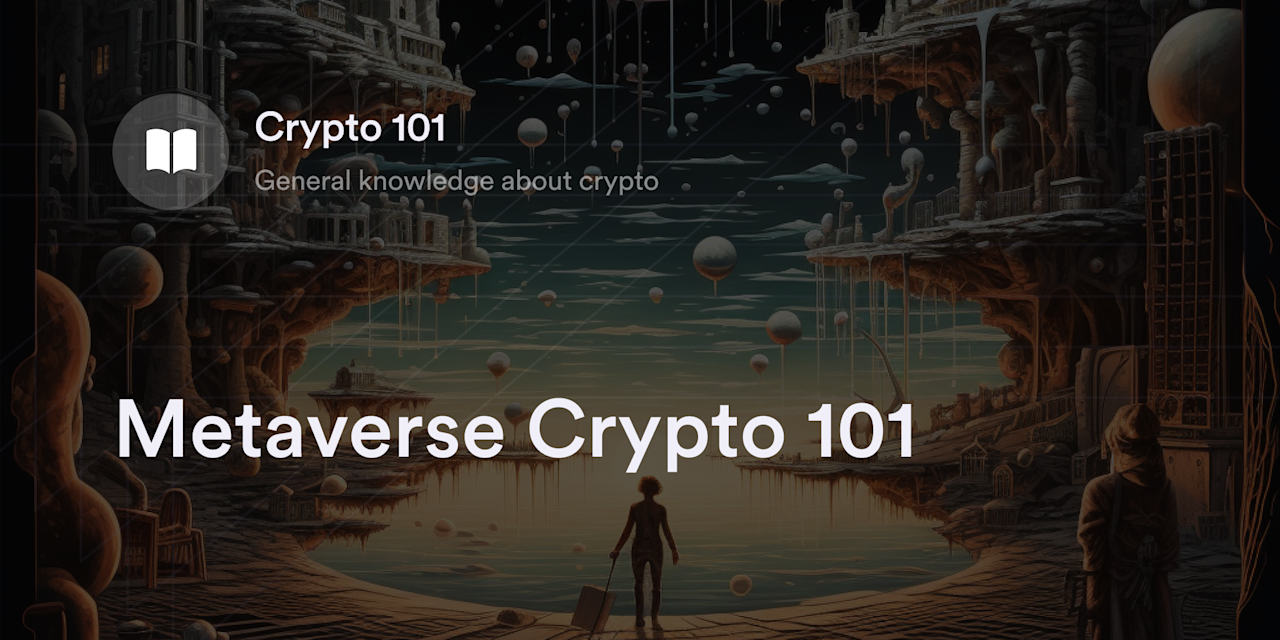

In 2021, Facebook founder Mark Zuckerberg drew global attention to a new immersive realm of cyberspace called "the metaverse." Although the phrase metaverse had been around for decades in sci-fi literature, Facebook's rebranding to "Meta Platforms" triggered unprecedented interest in this hi-tech field. Following Zuckerberg's announcement, Fortune 500 companies and governments began investing millions in metaverse projects and development. In fact, some financial analysts project the metaverse market to be worth $13 trillion in the next few years.
The hype surrounding all things metaverse also spilled into the crypto market as more coins and tokens began exploring the potential of this emerging technology. But what exactly is metaverse crypto, what makes it different from other crypto coins, and how do people trade it?
Understanding the Metaverse: A Basic Definition
Definitions and opinions of the metaverse are wide-ranging, but most accounts of this technology agree it's a more immersive version of today's internet.
Many companies involved in metaverse research, like Meta or Microsoft, rely on virtual reality (VR) and augmented reality (AR) devices to seamlessly blend the physical and digital worlds. Interestingly, author Neal Stephenson—who coined the term metaverse in his 1992 novel “Snow Crash”—explicitly envisioned the metaverse as a new virtual realm people access through VR headsets. The term also usually includes games and digital platforms where users create online avatars to interact with other players and participate in shared experiences, such as concerts, work meetings, or sporting events. This indicates the metaverse is a parallel VR that mimics many real-world aspects.
What is a Metaverse Crypto Project?
Years before Facebook put the metaverse on the map, some crypto projects like Decentraland experimented with immersive open-world online experiences. Since these crypto platforms mimic the traits and goals associated with today's understanding of metaverse technology, digital currencies in this field now have the metaverse moniker.
The distinguishing feature between crypto metaverses and corporate-controlled metaverses like Meta's Horizon Worlds is that the former relies on decentralized computer networks called blockchains. Computers (aka nodes) in a metaverse blockchain follow preprogrammed algorithms to monitor, verify, and post crypto transactions, making it possible to send secure peer-to-peer (P2P) payments within an online ecosystem.
By using blockchain tech as the foundational layer, a crypto metaverse gives users control over the virtual assets they collect, spend, or trade on their chosen platform. The cryptocurrencies on metaverse platforms often have multiple use cases, including property rights for virtual land, rewards for completing special tasks, and in-game currencies used to buy digital items or access VIP events.
Whatever a metaverse cryptocurrency's intended use case, there's no central authority like a game manufacturer controlling these digital assets, giving metaverse users freedom over their virtual holdings and identity.
Examples of Metaverse Crypto Coins
As the metaverse grows in popularity, many crypto price aggregator websites have sections dedicated to metaverse cryptocurrencies. Checking this tab on sites like CoinMarketCap and CoinGecko allows you to track the hottest coins and tokens in this growing category. While the rankings in the crypto leaderboards constantly shift, there are a few metaverse-specific cryptocurrencies that have emerged as market leaders:
Decentraland (MANA): Launched in 2020, Decentraland is an open-world style metaverse on the Ethereum (ETH) blockchain where gamers create a digital avatar and explore a vast 3D landscape. The MANA token is Decentraland's in-game currency to pay for virtual items and vote on future platform upgrades. Samsung, Coca-Cola, and Atari are a few brands that have already used Decentraland for their metaverse projects.
The Sandbox (SAND): Developed by Hong Kong studio Animoca Brands, The Sandbox is another Ethereum-based open-world metaverse with graphics similar to the popular Minecraft video game. Like Decentraland's MANA, Sandbox's SAND tokens are in-game cryptocurrencies used to purchase items or participate in on-chain governance. The Sandbox gained mainstream exposure thanks to partners like rapper Snoop Dogg and “The Walking Dead” series.
Enjin (ENJ): Enjin is a Singapore-based crypto project focused on helping developers design and release unique cryptocurrencies called non-fungible tokens (NFTs) in Ethereum-based games (more about NFTs in a bit). The project also works with blockchain Polkadot (DOT) to connect multiple metaverse projects in its "Efinity" platform. Enjin's ENJ token is primarily used to back the value of NFTs issued through the Enjin Network.
ApeCoin (APE): Studio Yuga Labs gained widespread popularity in 2021 after releasing its 10K NFT collection of animated images called Bored Ape Yacht Club (BAYC). To capitalize on BAYC's success, Yuga Labs introduced ApeCoin (an Ethereum-based token) in 2022 alongside a blockchain community called ApeCoin Decentralized Autonomous Organization (DAO). People with ApeCoin can vote on proposals in the ApeCoin DAO, and Yuga Labs sold virtual land NFTs for its “Otherside” metaverse game using ApeCoin.
What are Metaverse NFTs?
NFTs are a distinct crypto asset class because each virtual currency has one easily identifiable inscription on a blockchain. Unlike fungible cryptocurrencies like Bitcoin (BTC) or Ethereum, it's impossible to trade NFTs at a one-for-one exchange rate because each has distinctive traits and blockchain addresses. Many metaverses use the uniqueness of NFTs to offer gamers ownership rights over virtual media online. While NFTs represent everything from photos and art to videos and music, virtual land is one of the most prominent use cases for metaverse-specific NFTs. As the name suggests, land NFTs are plots of digital property in metaverses like Decentraland, similar to virtual deeds. Anyone with a land NFT can develop, trade, or lease their virtual space just like physical real estate. As a matter of fact, annual land NFT sales grossed roughly $25 billion in 2021 and 2022, making it one of the most actively traded markets in the metaverse and NFT spaces.
Although land NFTs are a popular category in the metaverse crypto market, there are many other use cases for NFTs in these virtual platforms. For instance, playable characters in games like Pokémon-inspired Axie Infinity double as NFTs. Metaverse platforms also offer wearable NFT clothing, virtual weaponry, and trading cards in their respective ecosystems.
How to Trade Metaverse Cryptocurrencies
As decentralized metaverse platforms gain traction, it's becoming easier for traders to find crypto exchanges offering their favorite metaverse coins and tokens. Here’s how:
Visit a crypto price aggregator, find a token's official page, and click the "Exchanges" tab. Here, you’ll see a list of the current centralized and decentralized crypto exchanges offering trading pairs for a particular metaverse cryptocurrency.
Choose an exchange with the target cryptocurrency, and either set up an account or link a crypto wallet to swap one asset for the metaverse token. For example, if you want to buy MANA tokens on Coinbase, sign up for a Coinbase account, transfer money to Coinbase, and exchange fiat currency for however much MANA you want in your crypto portfolio.
Note: Many crypto exchanges have hot metaverse tokens like MANA and SAND, but they don't offer metaverse NFT trading services. Players who create or collect NFTs on metaverse platforms should use an NFT-specific market like OpenSea or Rarible to put these virtual tokens up for sale or auction. Some metaverse games also have dedicated NFT marketplaces where gamers trade cryptocurrencies representing in-game items, avatars, or land.
Swap the Best Metaverse Crypto Perps on dYdX
As the leading decentralized exchange for crypto perpetual swaps, dYdX offers eligible traders a simple way to hedge their positions with Bitcoin and altcoin derivatives. After linking a supported crypto wallet to dYdX’s exchange, eligible traders can enjoy deep liquidity for dozens of crypto perps, plus advanced features like slippage tolerance controls, leverage, and multiple order types. Learn more about dYdX’s latest upgrades and features on our official blog.
And if you’re interested in learning more about the cryptocurrency market, visit dYdX Academy for expert guides on all things blockchain, and eligible traders can start trading on dYdX today.
Disclaimer
The content of this article (the “Article”) is provided for general informational purposes only. Reference to any specific strategy, technique, product, service, or entity does not constitute an endorsement or recommendation by dYdX Trading Inc., or any affiliate, agent, or representative thereof (“dYdX”). Use of strategies, techniques, products or services referenced in this Article may involve material risks, including the risk of financial losses arising from the volatility, operational loss, or nonconsensual liquidation of digital assets. The content of this Article does not constitute, and should not be considered, construed, or relied upon as, financial advice, legal advice, tax advice, investment advice, or advice of any other nature; and the content of this Article is not an offer, solicitation or call to action to make any investment, or purchase any crypto asset, of any kind. dYdX makes no representation, assurance or guarantee as to the accuracy, completeness, timeliness, suitability, or validity of any information in this Article or any third-party website that may be linked to it. You are solely responsible for conducting independent research, performing due diligence, and/or seeking advice from a professional advisor prior to taking any financial, tax, legal, or investment action.
You may only use the dYdX Services in compliance with the dYdX Terms of Use available here, including the geographic restrictions therein.
Any applicable sponsorship in connection with this Article will be disclosed, and any reference to a sponsor in this Article is for disclosure purposes, or informational in nature, and in any event is not a call to action to make an investment, acquire a service or product, or purchase crypto assets. This Article does not offer the purchase or sale of any financial instruments or related services.
By accessing this Article and taking any action in connection with the information contained in this Article, you agree that dYdX is not responsible, directly or indirectly, for any errors, omissions, or delays related to this Article, or any damage, injury, or loss incurred in connection with use of or reliance on the content of this Article, including any specific strategy, technique, product, service, or entity that may be referenced in the Article.

